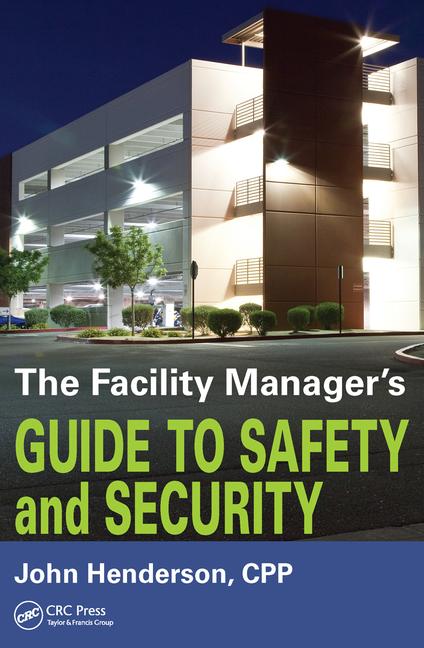Detroit Police Department Aims to Prioritize 911 Calls

The Detroit Police Department aims to get more officers on the street by prioritizing emergency calls, according to a report by The Detroit News. By reducing the number of calls considered “non-emergency,” or not required immediate service or an officer’s presence, more than 100 officers can be redirected to more urgent incidents or scenes where the likelihood of apprehension is high, the article said.
"Response by patrol officers will be aimed towards, but not limited to, those situations in which there is an immediate threat to public safety or an officer's presence is required to address an emergency situation that absent an officer's presence is unlikely to be mitigated without additional risk to life or property," DPD officials said in a statement Monday.
"Non-emergency calls for service are handled by police officers (limited duty status) and/or civilian personnel," the department said. "Emergency calls for service received by the Detroit Police Department are prioritized using a system that assists dispatchers in sending patrol units to the most urgent/life threatening situations first."
The system will group calls into priority codes according to the level of danger.
- Priority one: An emergency; the perpetrator is still on the scene, emergency medical service is needed or evidence preservation is urgent.
- Priority two: The situation is stabilized, but serious. The crime is in progress or has happened within 15 minutes; likelihood of apprehension is high.
- Priority three: Assistance is needed, but not urgent. The incident occurred less than 15 minutes earlier, such as a break-in.
- Priority four: Not considered serious. The incident is not in progress, occurring more than 15 minutes earlier.
- Priority five: Telephone Crime Reporting Unit (T.C.R.U.) handles these situations. The incident occurred more than 15 minutes prior, apprehension is unlikely, and damage is less than $10,000.
This “virtual precinct” plan is part of an effort to get more of DPD’s 2,731 officers on the street, the article said.
Looking for a reprint of this article?
From high-res PDFs to custom plaques, order your copy today!







